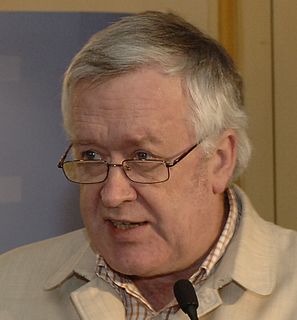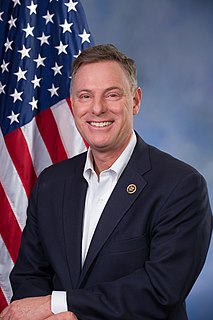A Quote by Naomi Klein
For someone with a background of economic justice, what scared me about climate change is not just that the sea level will rise and we'll have more storms - it's how this intersects with that cocktail of inequality and racism.
Related Quotes
The evidence that climate change is happening is completely unequivocal... The later governments leave tackling climate change, the harder it will be to combat... The variation we are seeing in temperature or rainfall is double the rate of the average. That suggests that we are going to have more droughts, we are going to have more floods, we are going to have more sea surges and we are going to have more storms. These are the sort of changes that are going to affect us in quite a short timescale
Climate has always changed. It always has and always will. Sea level has always changed. Ice sheets come and go. Life always changes. Extinctions of life are normal. Planet Earth is dynamic and evolving. Climate changes are cyclical and random. Through the eyes of a geologist, I would be really concerned if there were no change to Earth over time. In the light of large rapid natural climate changes, just how much do humans really change climate?
We can no longer completely avoid anthropogenic climate change. At best, limiting the temperature rise to two degrees is just about possible, according to optimistic estimates. That's why we should spend more time talking about adjusting to the inevitable and not about reducing CO2 emissions. We have to take away people's fear of climate change.
Depending on where you live, your threat is much different from the other person. If you ask a New Yorker today, because of the way the press plays it, he will say terrorism is his biggest fear. But for somebody living on a small island state, then it is climate change, the rise of the sea level, for his whole island may be washed away. If I go to southern Africa, they tell me it is HIV/AIDS and somewhere in Asia it is poverty. This is also why you will find it difficult to find agreements, because if you want someone to be concerned about your threat, then you should be concerned about his.
We've got some great big problems in our world. We have to figure out how to feed 10 billion people. Too many people can't access clean water, quality healthcare, and reasonable education. We have to figure out what to do about climate change, income inequality, and more. Innovators need to rise to the challenge!
If you have a temperature rise, if it's a problem in one area, it's beneficial in another area. But sea level is the real 'bad guy,' and therefore they [The IPCC] have talked very much about it. But the real thing is, that [sea level rise] doesn't exist in observational data, only in computer modeling.
In this cultural moment, many of us are feeling inadequate to solve societal problems - fascism, racism, misogyny, homophobia, anti-Semitism, the list goes on - and are unsure of how individuals can affect real change. We don't know what effect we will have on the current political climate as we strive to effect change. All large historical decision draw from a sea of smaller decisions. One never knows what will make the difference in the long run.
































